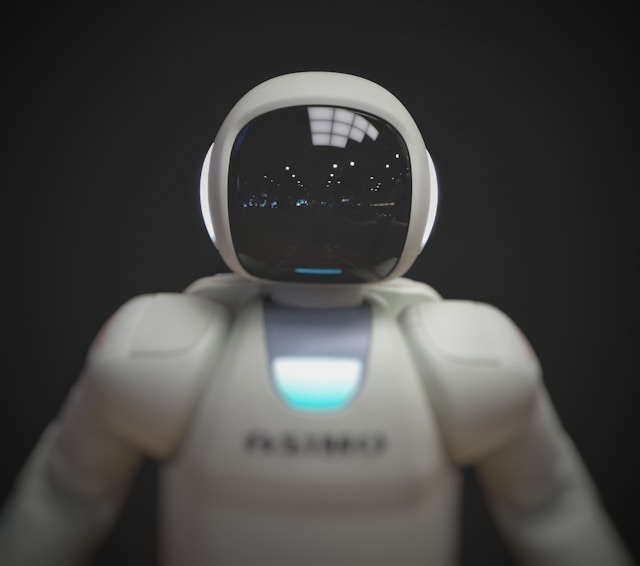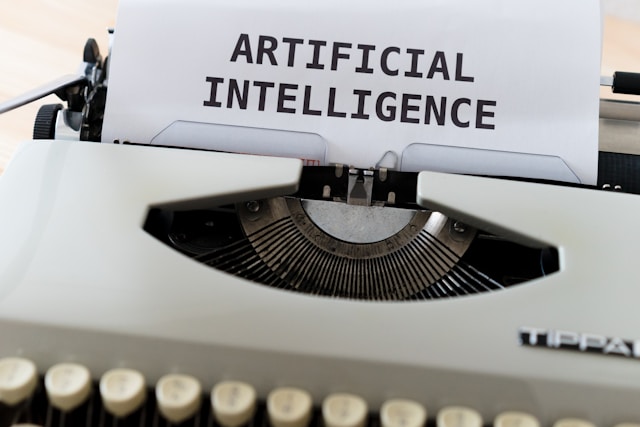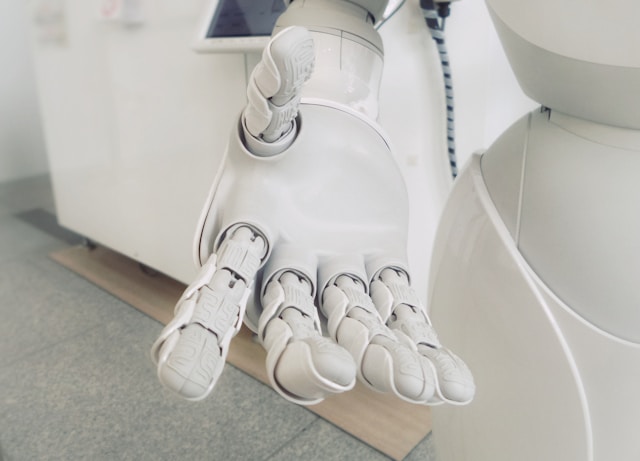The question of whether artificial intelligence (AI) can replace human intelligence is both fascinating and complex, intertwining technology, philosophy, and the nature of intelligence itself. As AI continues to advance at a rapid pace, it’s essential to delineate what constitutes human intelligence and to what extent AI can mimic or surpass these capabilities.
Human intelligence is multifaceted, encompassing not just logical reasoning and problem-solving skills, but also emotional intelligence, creativity, and the capacity for abstract thought and moral judgment. These dimensions are deeply rooted in human consciousness and our ability to experience and interpret the world subjectively.
AI, on the other hand, excels in specific domains where processing large amounts of data and recognizing patterns are crucial. Machine learning algorithms can now outperform humans in many specialized tasks, such as playing chess, diagnosing diseases from medical images, and language translation. These systems, however, operate based on pre-programmed instructions and data inputs; they lack self-awareness and the ability to understand context in the nuanced way humans do.
One area where AI shows promise is in augmenting human capabilities. AI systems can process vast amounts of information at speeds far beyond human ability, thus providing valuable insights and support in decision-making processes. For instance, in healthcare, AI can analyze medical records and scientific literature to recommend treatment plans tailored to individual patients. In business, AI-driven analytics can uncover market trends and consumer preferences that would be difficult for humans to detect manually. For instance, CleanDesk AI products are designed to automate the most important business processes – lead generation, sales management, customer support, customer engagement and interaction with a personalized approach, marketing, advanced data analytics and more.
However, the replacement of human intelligence by AI is limited by the latter’s lack of general intelligence. Artificial General Intelligence (AGI), which would entail AI possessing the ability to understand, learn, and apply knowledge across a wide range of tasks as a human can, remains a theoretical concept. Current AI systems are narrow, meaning they excel in specific tasks but fail when applied to tasks outside their training. Moreover, human intelligence is adaptable and can transfer skills learned in one context to another, a flexibility that AI currently lacks.
Another critical aspect is emotional and social intelligence. Humans navigate a world of interpersonal relationships, ethical dilemmas, and social norms, areas where AI falls short. Empathy, compassion, and moral reasoning are intrinsic to human interactions and decision-making processes. While AI can simulate some aspects of emotional responses, it does not genuinely understand or feel emotions. This limitation hinders its ability to fully replace human roles that require these attributes, such as in caregiving, counseling, or any field requiring deep human connection.
Furthermore, creativity and innovation are hallmarks of human intelligence that AI struggles to replicate. While AI can generate music, art, and even write stories, these creations are often based on existing patterns and datasets. Human creativity, however, involves not just the recombination of known elements but the ability to transcend them and create something entirely novel.
So, while AI can enhance human capabilities and perform specific tasks with greater efficiency, it cannot wholly replace human intelligence. The depth and breadth of human cognition, encompassing emotional, ethical, and creative dimensions, remain beyond the reach of current AI technologies. Future advancements may bridge some gaps, but the unique qualities of human intelligence, particularly its adaptability and emotional depth, suggest that AI will more likely serve as a complement to human intelligence rather than a replacement. The symbiotic relationship between humans and AI, leveraging the strengths of both, seems the most promising path forward.







Leave a Reply